
Research has found children want more information then adults usually give them. To fill in gaps in their knowledge children will use ways to find out without actually asking questions. Children may watch others like their parents. They may eavesdrop on adult conversations to find out more.
Children create their own meaning from the information they find. They will use this to try to fill in the “missing pieces” themselves. So when adults try to reassure children it may not work because children have their own knowledge. Children are thinkers so reassurance without real talking does not usually work as well as adults think.
It also helpful to find out what questions a child has about a death of a loved one. Answers should give a good answer to their question but worded for the age of the child. Adults may also use another loss related to death as a springboard to explore spiritual questions and to openly discuss death and dying with children. These are usually better than simply giving answers to assumed questions and "reassurance".


 Everybody knows adults feel grief when a loved one dies. This grief can be deep and painful. But many people wrongly think children either don't feel grief or don't feel it as deep or painful as an adult. This is not true. This is a myth that is because show their grief in a different way to adults. This means adults often miss when children grieve.
Everybody knows adults feel grief when a loved one dies. This grief can be deep and painful. But many people wrongly think children either don't feel grief or don't feel it as deep or painful as an adult. This is not true. This is a myth that is because show their grief in a different way to adults. This means adults often miss when children grieve. 


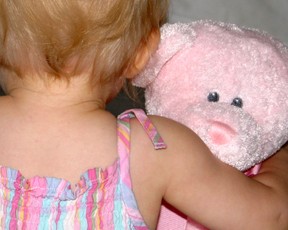





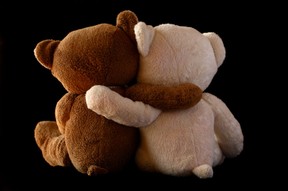
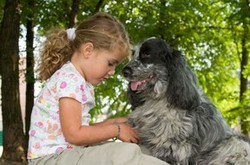

 Monkey Birthday Party Favorson 01/24/2013
Monkey Birthday Party Favorson 01/24/2013
 Butterfly Birthday Party Favorson 02/02/2013
Butterfly Birthday Party Favorson 02/02/2013
 Monster High Birthday Party Favorson 01/24/2013
Monster High Birthday Party Favorson 01/24/2013
 Basketball Party Favors for Girlson 01/30/2013
Basketball Party Favors for Girlson 01/30/2013
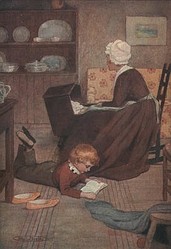
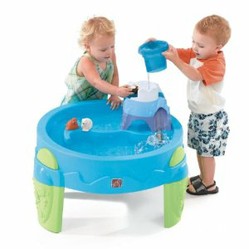
Comments